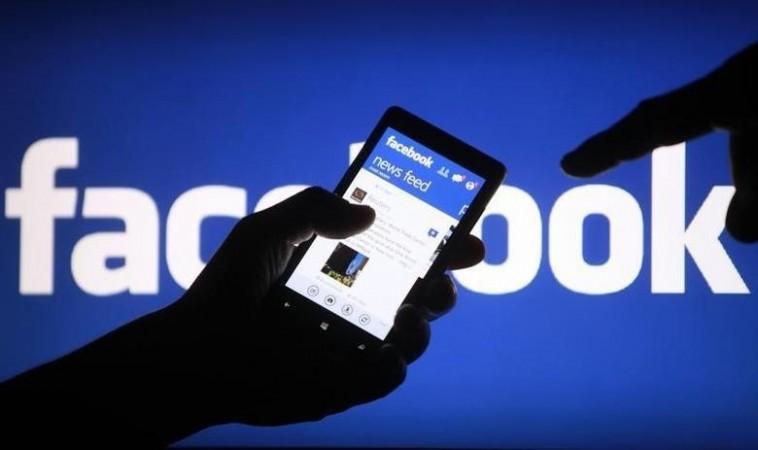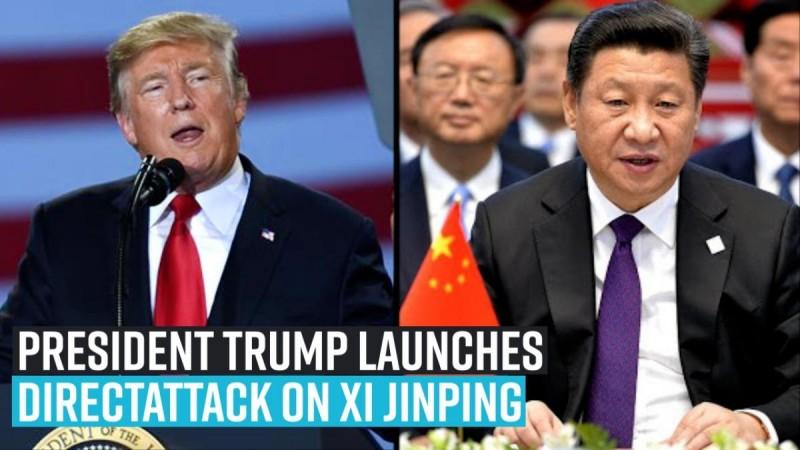Amidst the growing trade tensions between the US and China, the US government committee known as "Team Telecom" has now stalled development of the Pacific Light Cable Network project and rejected approval for setting up of the cable network on national security grounds.
What is the Pacific Light Cable Network?
Around the world, there are hundreds of undersea cables providing internet connectivity to people and companies across the globe. This new underwater cable project was announced in 2016, backed by Google and Facebook connecting the US to Hong Kong, which if implemented will boost internet speed and capacity.
According to a statement from Google, "The Pacific Light Cable Network (PLCN) will have 12,800 km (8,000 miles) of fiber and an estimated cable capacity of 120 Tbps, making it the highest-capacity trans-Pacific route, a record currently held by another Google-backed cable system, FASTER. In other words, PLCN will provide enough capacity for Hong Kong to have 80 million concurrent HD video conference calls with Los Angeles."
If implemented, this undersea cable project will be the sixth submarine cable in which Google has an ownership stake — joining the ranks of the Unity, SJC, FASTER, MONET and Tannat projects.
With millions of dollars being invested into setting up the undersea cable project, it would have portions connecting the US with Taiwan and the Philippines, and needs approval to be operational. Google owns the branch connecting Taiwan, Facebook owns the branch connecting Philippines, and Hong Kong-based Pacific Light Data Company (PLDC) owns the rest.

Dr Peng group, a Chinese broadband giant is one of the other companies working alongside Facebook and Google on the cable network. The US government's Team Telecom has recommended approval for the Taiwan and Philippines sections of the cable network project but plans to connect Hong Kong have been stalled on grounds of national security concerns raised.
Why did the US government reject the Pacific Light Cable Network project?
A spokesperson for Google had earlier told BBC, "We can confirm that the original application for the PLCN cable system has been withdrawn, and a revised application for the US-Taiwan and US-Philippines portions of the system has been submitted. We continue to work through established channels to obtain cable landing licenses for our undersea cables."
Some of the reasons cited by Team Telecom include:
- China's sustained efforts to acquire the sensitive personal data of millions of US customers and fear of China being able to access other countries' information using digital infrastructure investments such as the giant undersea cable network and hack into the systems.
- Dr Peng Group's relationship with Chinese intelligence and security services, and its obligations under Chinese intelligence and cyber-security laws, BBCNews cited.
- Recent Chinese government action to remove Hong Kong's autonomy and allow for the Chinese intelligence and security services to operate openly and freely in Hong Kong.
In the Covid-19 times and growing trade tensions between the US and China on many fronts, the final decision from the US Federal Communications Commission (FCC) on the above matter is awaited.

Chinese trading mechanisms and intellectual property theft has always been under the US government scanner. With President Trump assuming office, billions of dollars' worth of tariffs were imposed on Chinese goods. Trump said in May, "China has replaced one country, two systems, with one country, one system." He further intends to remove Hong Kong's privileged status in US law.
Will this decision prove counterproductive for the US?
The very reason why the underwater sea cable was meant to connect Hong Kong with Los Angeles was that Hong Kong was to become an Asian hub and US tech firms could gain access to more Asian customers via the Hong Kong route.
However, now since the plans have been stalled, it seems like the US government has shot itself in its own foot by worrying about data security, leaks and hacks from the Chinese tech giants.
While the US Department of Justice concerns China accessing user data is understandable, but by doing so the US tech companies are losing out on penetrating into the Asia Pacific region and would not be able to target the Asian customers.

In another allegation against China, Google founder Eric Schmidt had earlier told BBC that Huawei is engaged in unacceptable acts and posing challenges to national security. Eric referred to Huawei as means of signals intelligence, as performed by spy agencies like the UK's GCHQ or NSA in the US. Will strong Anti-China prejudices promote growth?
New subsea cable plans connecting Chile to Australia supersedes China's proposal
Meanwhile, the Chilean government has recently announced plans for the development of its Transoceanic Cable, 13,180 km long cable network that will link Chile to Sydney and Auckland. This will make Chile, the digital hub of the South American nation on the Pacific side. With initial investment estimated to be around $500 million, the bidding for the contract will begin next year.
With China being under political fire this year, the Japanese-backed investment supersedes Chinese plans to make Shanghai, the next final destination for the subsea cable. It suggests Australia and New Zealand be the landing targets as they will require the shortest cable network deployment, thus offering excellent interconnectivity.
Australia in particular has many subsea cables throughout Oceania and Asia, including one from Tokyo which has been operational since July. Setting up this cable network will give Japanese companies a competitive winning edge when it comes to procuring related equipment contracts, such as NEC for example, is a major supplier of subsea cables.

















